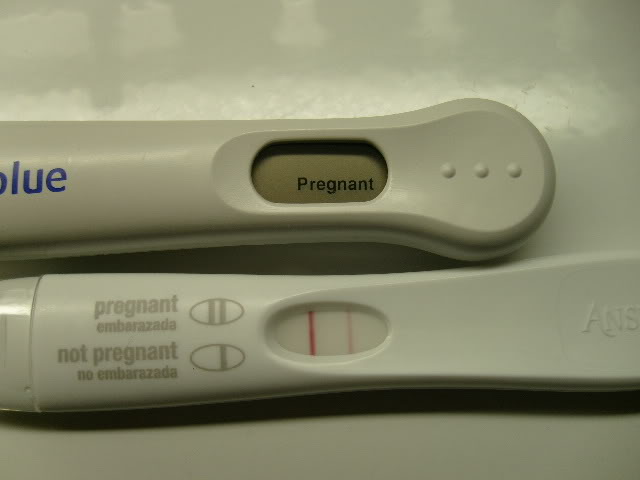


 STERILISATION is a surgical means of obtaining permanent contraception by occluding the Fallopian tubes in women and the vas deferens in men. Compared to many surgical procedures, sterilisation is fraught with cultural, religious, psychosocial, psychosexual and psychological issues despite being an effective method of contraception for those in stable relationships who are certain they have completed their child-bearing.
STERILISATION is a surgical means of obtaining permanent contraception by occluding the Fallopian tubes in women and the vas deferens in men. Compared to many surgical procedures, sterilisation is fraught with cultural, religious, psychosocial, psychosexual and psychological issues despite being an effective method of contraception for those in stable relationships who are certain they have completed their child-bearing.
Whilst statistically vasectomy is 30 times less likely to fail and 20 times less likely to have postoperative complications than female sterilisation, the choice of which member of a couple should undergo sterilisation is not always so clear-cut. Vasectomy is a less invasive surgical procedure than female sterilisation, as it does not require access to the abdomen.
Vasectomy is usually performed under local anaesthesia, although the less robust may prefer to be unconscious at the time. This allows it to be done as a day case, outpatient procedure or even in a GP surgery. Female sterilisation can be performed laparoscopically (under general anaesthetic) or hysteroscopically (under local anaesthetic). Attendant risks of the laparoscopic procedure should not be underestimated.
Female laparoscopic sterilisation can be performed under local anaesthesia. Some men, and also some women, may feel that irreversible curtailment of their fertility is an affront to their manhood or womanhood. If this is so, it must not be ignored or psychosexual problems may ensue.
It should be mentioned that the man will perform and ejaculate in exactly the same way except that he will be “firing blanks”.
Where a woman has an indication for hysterectomy (eg fibroids, menorrhagia, prolapse, ovarian mass), this will provide definitive sterilisation. The use of the intrauterine system (IUS) and endometrial laser ablation have reduced the use of hysterectomy for menorrhagia, however.
A particular problem is where sterilisation is required for the health of the woman. Primary pulmonary hypertension is an example where pregnancy will cause deterioration and can even be fatal, and oral contraceptives are contra-indicated. With the risk to the woman posed by general anaesthetic, it may be tempting to opt for vasectomy instead but the disease has such a poor prognosis that, potentially, the male partner may be widowed and infertile at an age when the prospect of re-marriage and further children is not unreasonable.
— Patient.co.uk
Sorry. No data so far.

